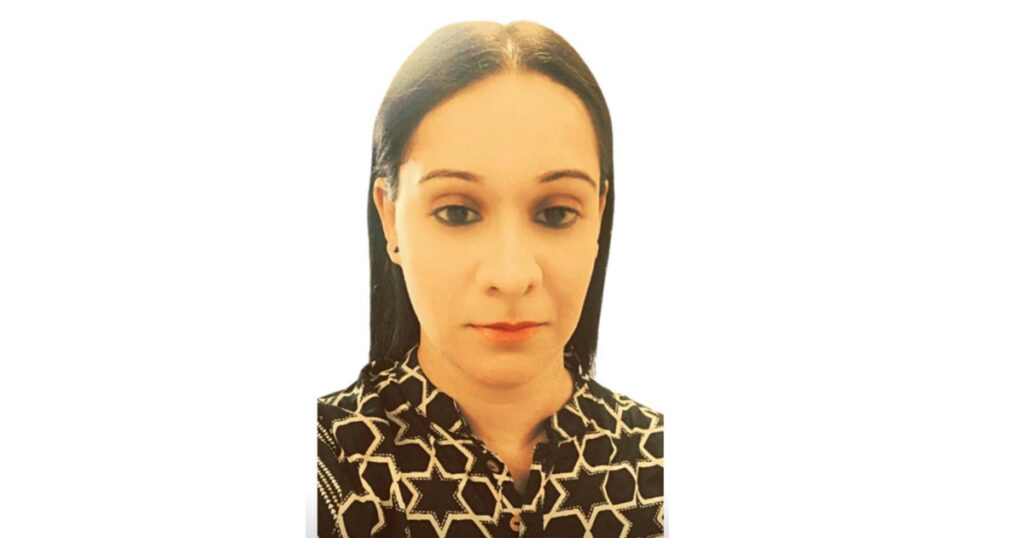What in your opinion are the principles of fairness and equity in workplace?
Mayaa SH: Transparency, Impartiality and Inclusion play a pivotal role in providing equitable access for all employees, empowering all employees and ensuring equitable benefits for providing fair opportunities for all employees based on their individual needs. With equity, an organization will recognize that each employee has varying access to resources and privileges. Any organization can show equity in the workplace by first recognizing this reality of laying emphasis on ‘Equality’ of employees and a sense of belongingness to boost morale. This is to foster an equitable workplace which begins with cultivating a safe environment that allows for open discussion and understanding. ‘Equity’ , means that everyone is provided with what they need to succeed. It is to treat everyone at work in a fair manner according to their individual needs.
‘Respect’ is to value and consider others at work fairly and ‘Diversity’ is to value individual differences in the workplace are quintessentially the foundation of any organisational structure to encourage Responsible Leadership, Trust and a Life that Matters. The principles of Inclusion are about making sure people feel comfortable to be themselves and feel that they belong in the workplace. This includes promoting Equality, Access to resources, Opportunity and the Rights of those with Disability.
What is Lewin’s Change Management Model?
Mayaa SH: The Change Theory has three major concepts: driving forces, restraining forces, and equilibrium. Driving forces are those that push in a direction that causes change to occur. They facilitate change because they push in desired direction to understand organisational change. These driving forces cause a shift in the equilibrium towards change. Change is basically a variation in the common way of doing things. Whenever people perform a task in a certain way, they get accustomed to them. They develop methods which they can implement routinely to achieve these tasks. Any variation in these methods is nothing but change. Kurt Lewin developed a change model involving three steps: unfreezing, changing and refreezing. For Lewin, the process of change entails creating the perception that a change is needed, then moving toward the new, desired level of behavior and, finally, solidifying that new behavior as the norm. Lewin’s theory proposes that individuals and groups of individuals are influenced by restraining forces, or obstacles that counter driving forces aimed at keeping the status quo, and driving forces, or positive forces for change that push in the direction that causes change to happen.
Why is Thought Leadership Important in Organisations?
Mayaa SH: ‘Thought Leaders’ are the trusted sources who move and inspire people with innovative ideas; turn ideas into reality, and know and show how to replicate their success. Many executives and business leaders strive to become a thought leader in their respective fields. It takes dedication, patience, strategy and education. They possess an innate ability to contribute to the conversations happening today while also being able to speculate on what is going to happen tomorrow. Thought leadership is essential to build credibility for themselves or leaders in their company. The main goal of thought leadership is to become recognized as an expert and used as a go-to resource in your field. As you grow your expertise through practice and more opportunities to reach and impact more people, you’ll be rewarded with more opportunities coming your way. Thought leadership can boost brand awareness. This is usually through the process of providing valuable, consistent and relevant content. The more involved you become in your industry, the more likely the public is to recognise your brand. It can help you build your reputation, expand your network. Thought leaders can bring an expert edge to advisory businesses and attract new opportunities.
About the Author
Mayaa SH is a known name in contemporary literature. She is a multi-national and state award winner, a ten-time world record holder, an artist, a podcaster, and a chart-topping international fastest anthology co-authoress.
Mayaa SH is an Indian author, writer, thinker, essayist, and women’s empowerment culturist. Her contemporary prose work has highlighted and broken so many stereotypes about women and their power of self-belief.
